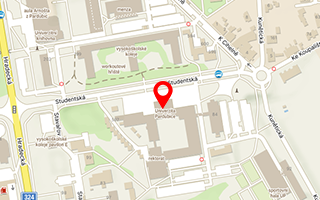Publikace detail
Time-Variant Performance of Concrete Sewer Pipes Undergoing Biogenic Sulfuric Acid Degradation
Autoři:
Teply Bretislav | Rovnanikova Marketa | Řoutil Ladislav | Schejbal Richard
Rok: 2018
Druh publikace: článek v odborném periodiku
Název zdroje: Journal of Pipeline Systems Engineering and Practice
Název nakladatele: American Society of Civil Engineers - ASCE
Místo vydání: Reston
Strana od-do: 1-9
